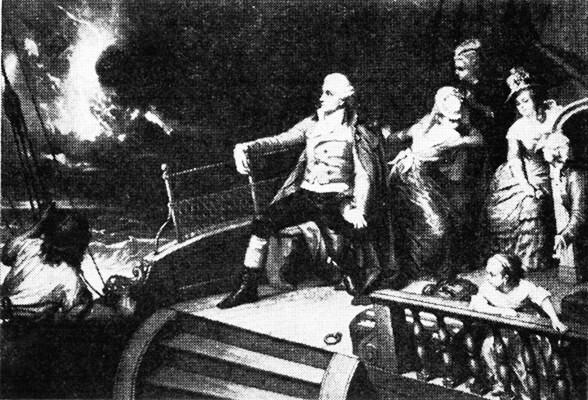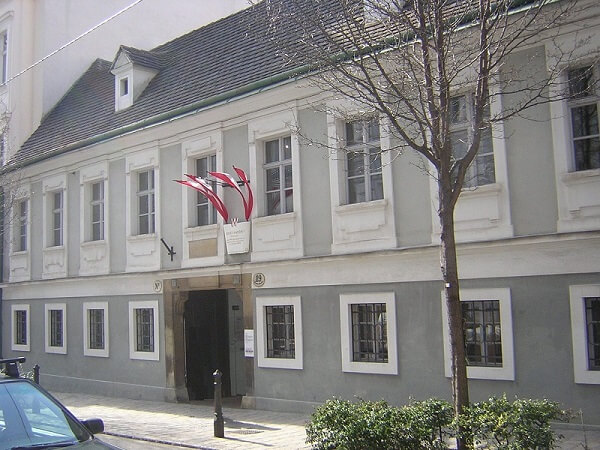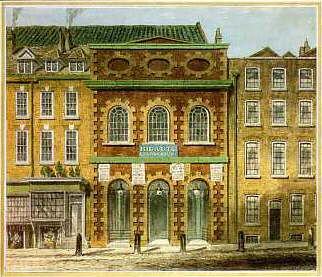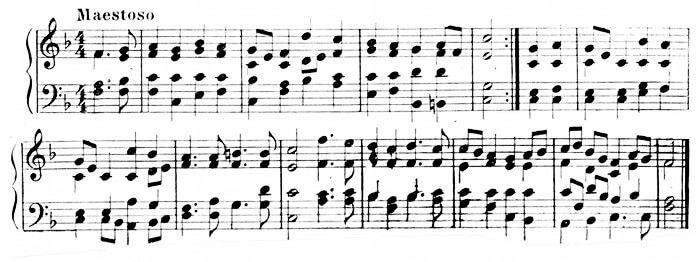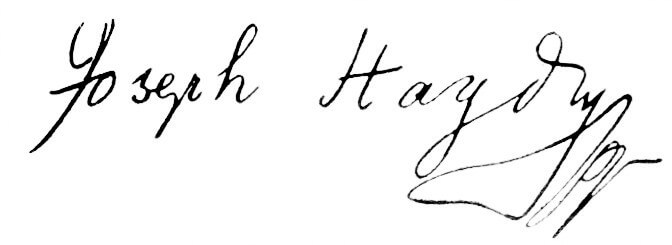Activity 1: Recite the Composition Information
- Recite the name of the composer and the composition.
Activity 2: Study the Music Timeline
Examine the music timeline to answer the following questions.
- What is the year of birth of the lesson composer?
- What is the year of death of the featured composer?
- How old was the composer upon death?
- Which composer (if any) directly precedes the studied composer by date of birth?
- Which composer (if any) directly succeeds the lesson composer by date of birth?
- Which other timeline composers were alive at the same time as the studied composer?
Activity 3: Map the Music
- Franz Joseph Haydn entered St. Stephen's in Vienna as a clorister.
- Find Vienna, capital of Austria, on the map of Europe.
- Recite aloud the eight countries that border Austria.
- Don't forget tiny Liechtenstein (Labeled 'LIECH' between Switzerland and Austria).
Activity 4: Read Aloud Your Paper About Franz Joseph Haydn
- Read your one-page story about Franz Joseph Haydn to your family.
- Make any corrections, as needed, after reading the paper aloud.
 12 Tremendous Composers
12 Composers
12 Tremendous Composers
12 Composers

 12 Tremendous Composers
12 Composers
12 Tremendous Composers
12 Composers



